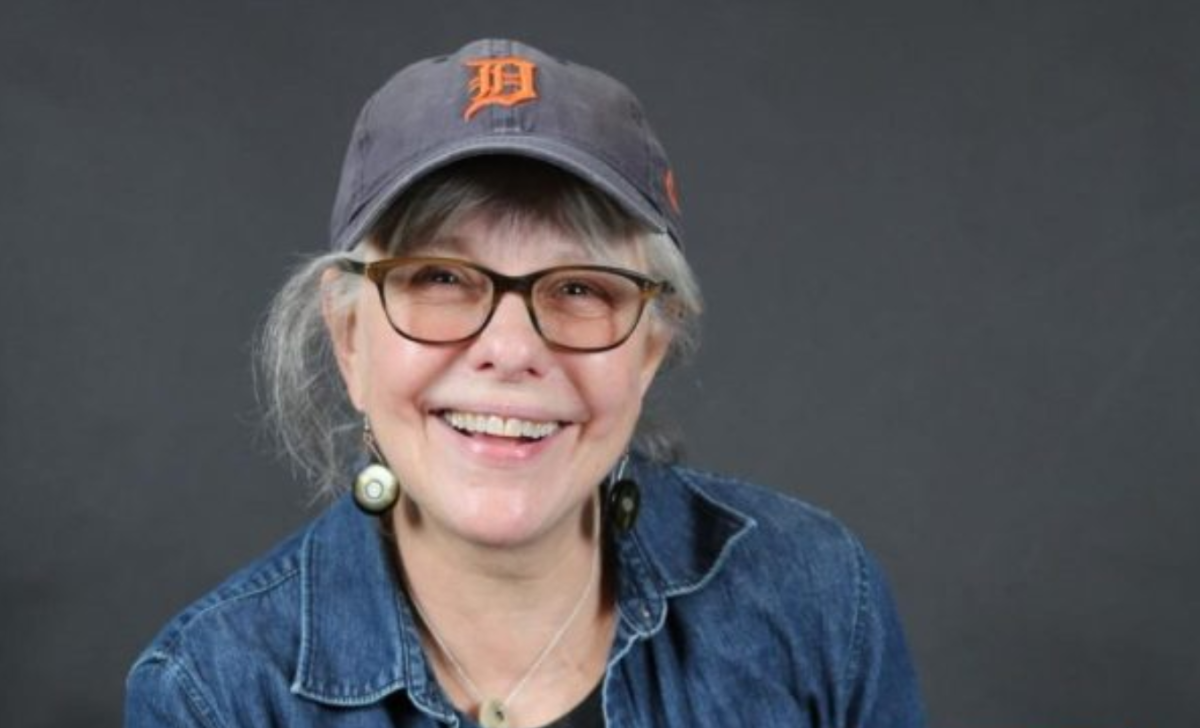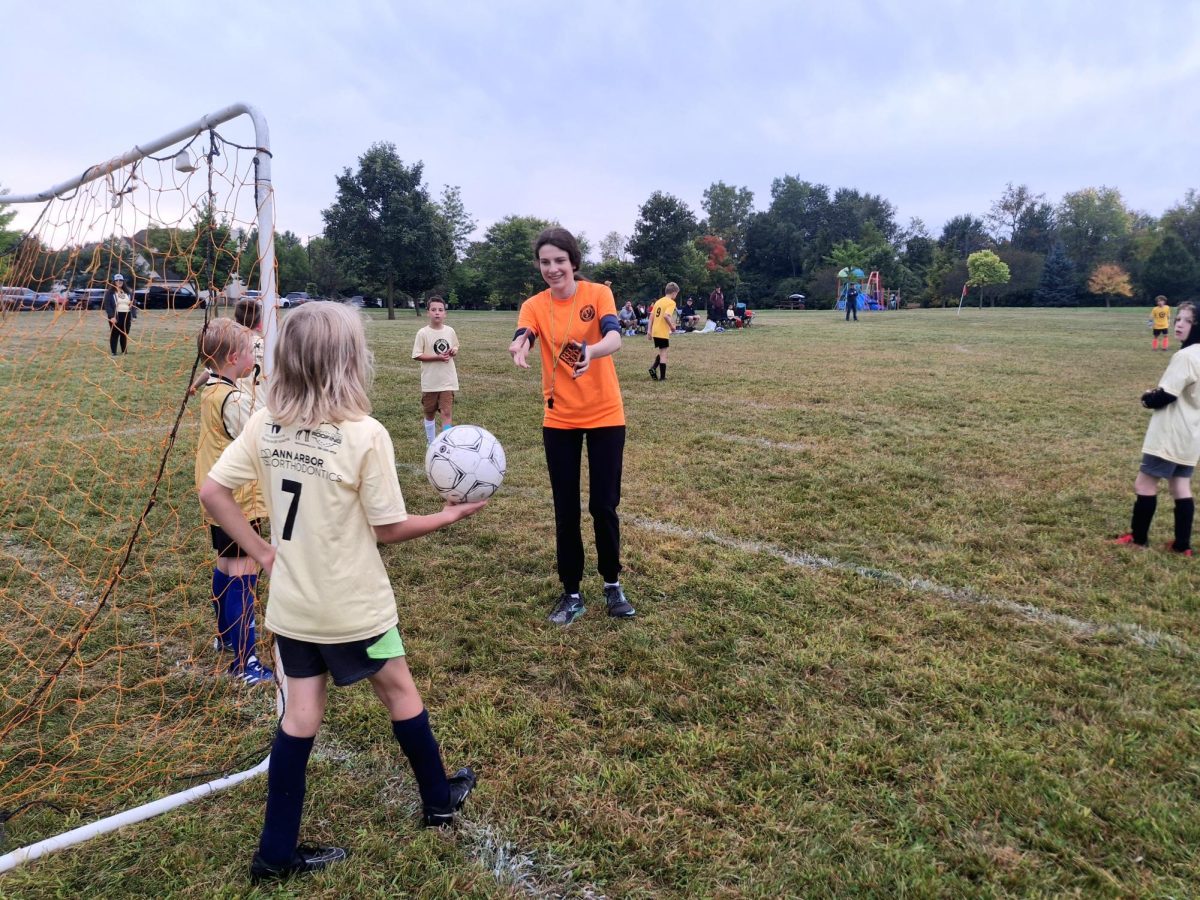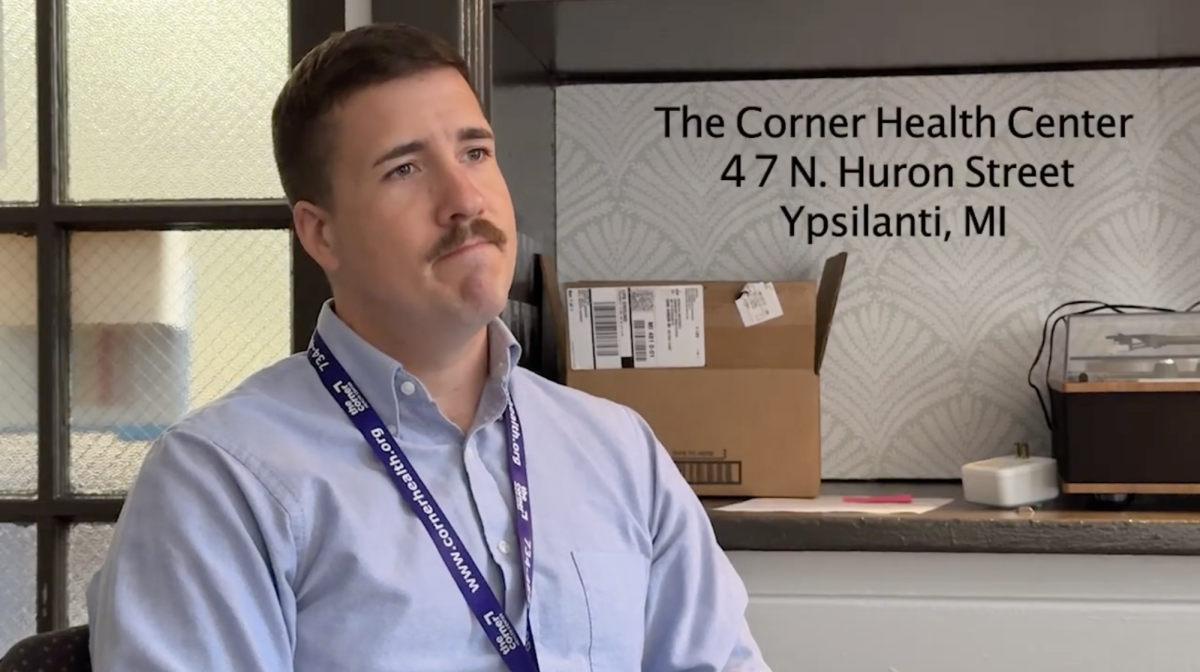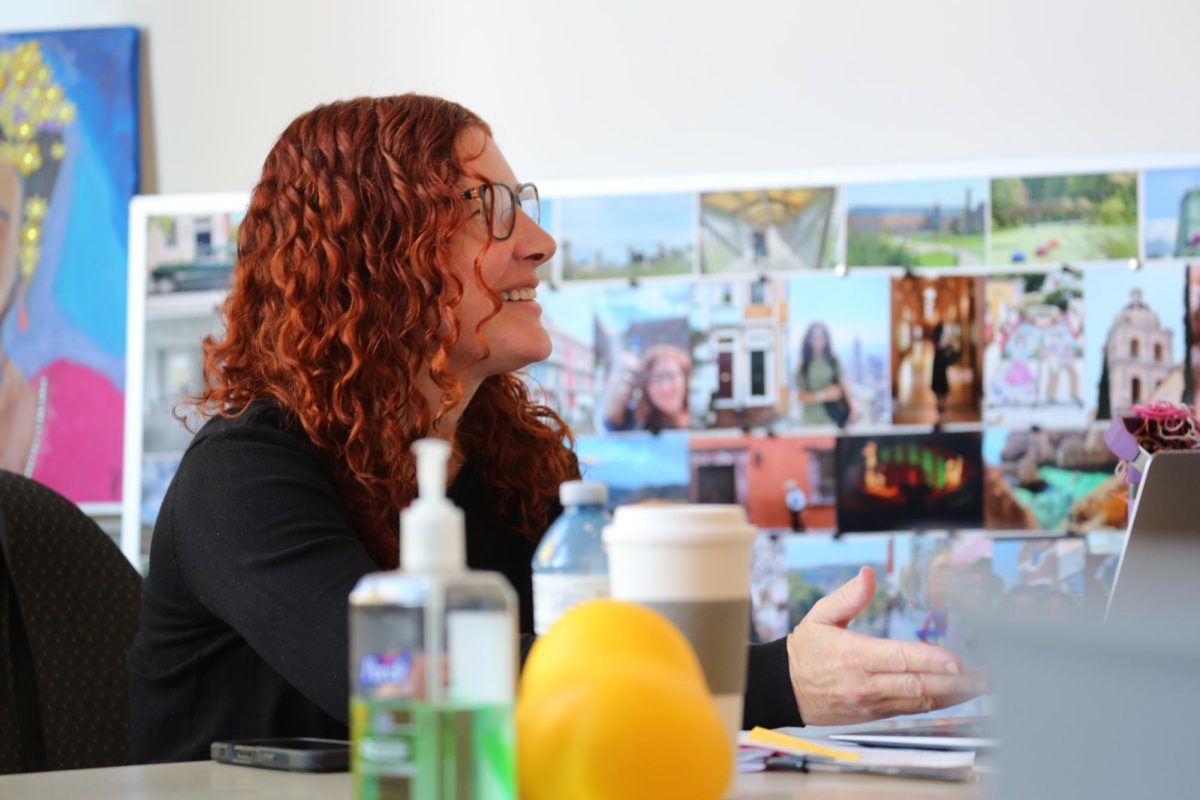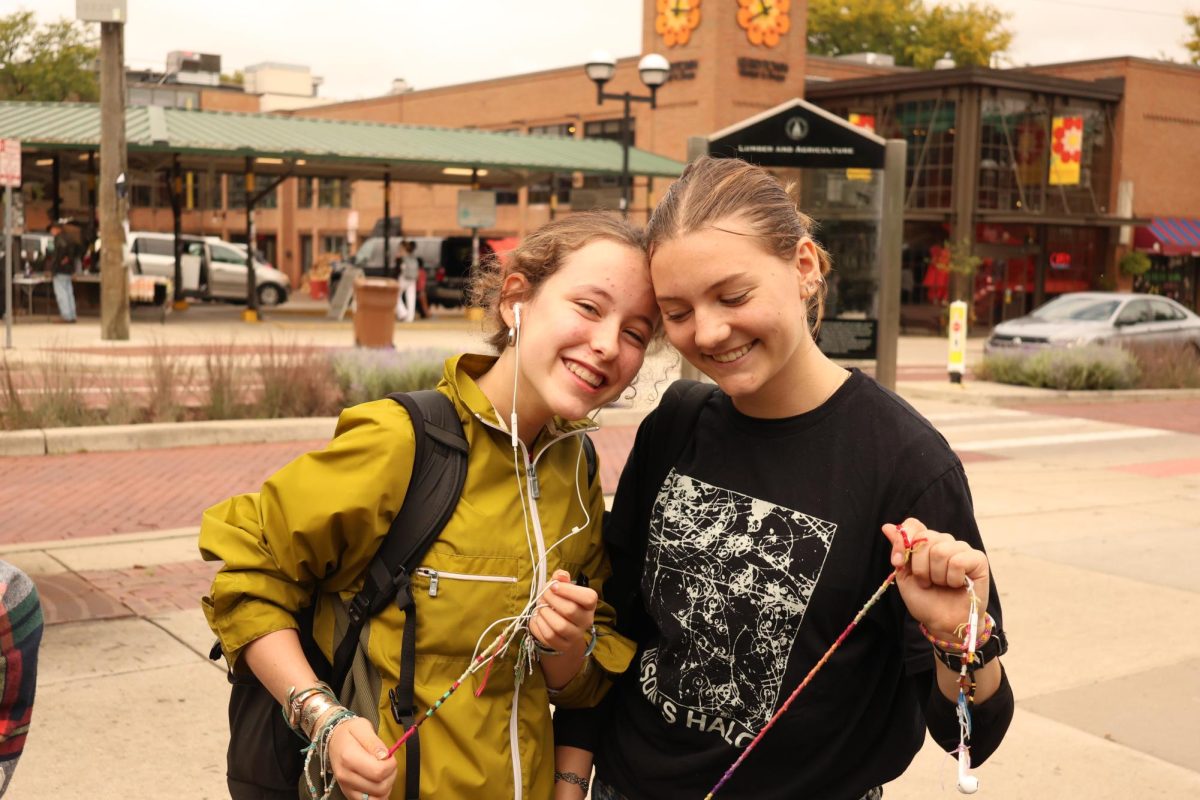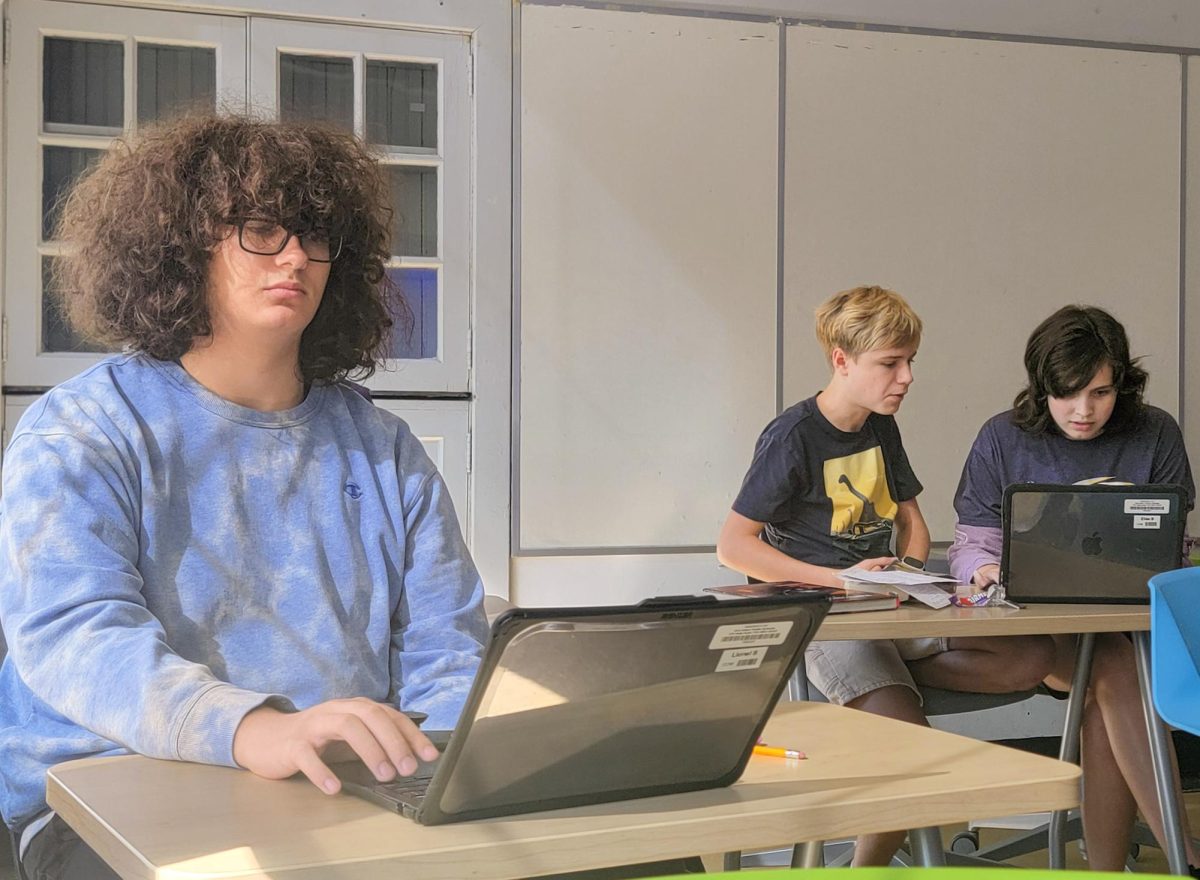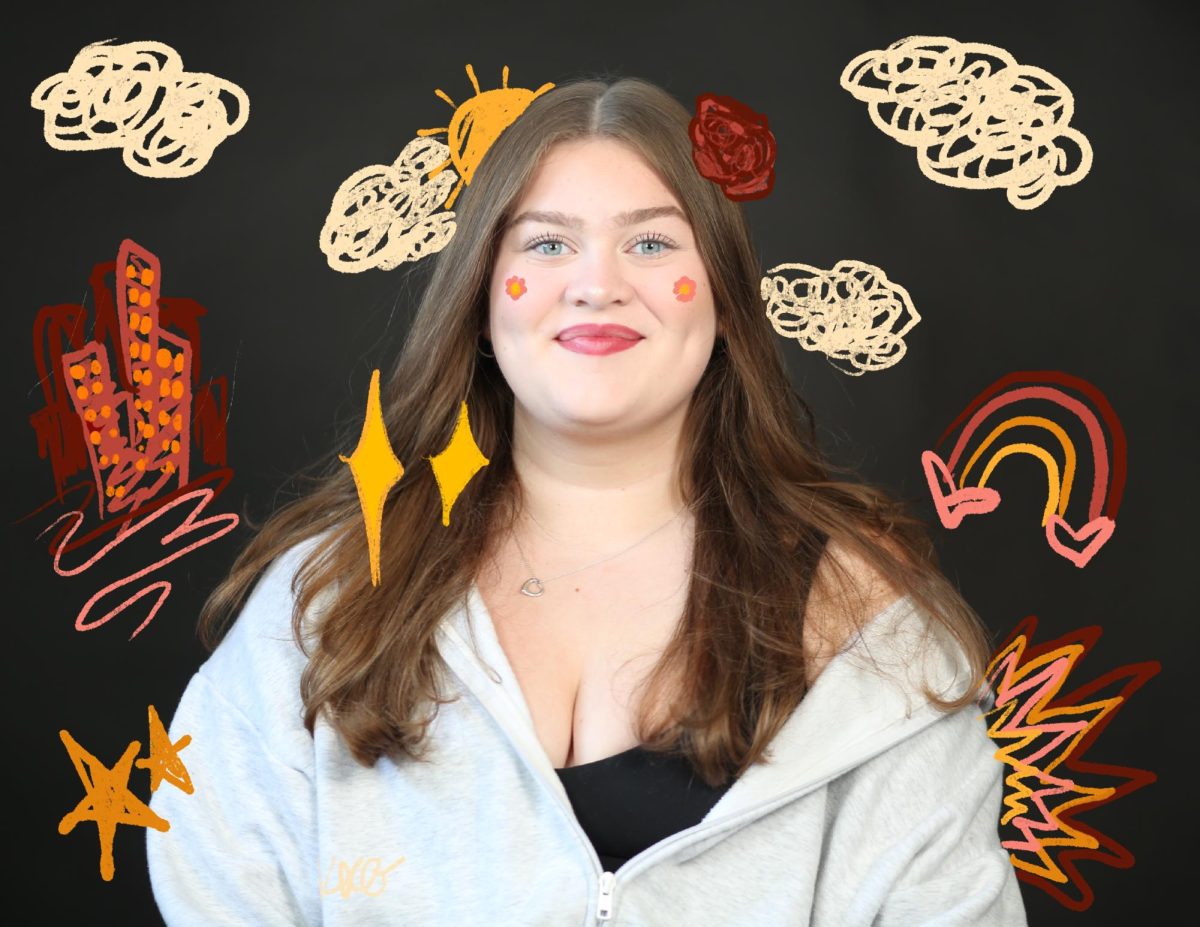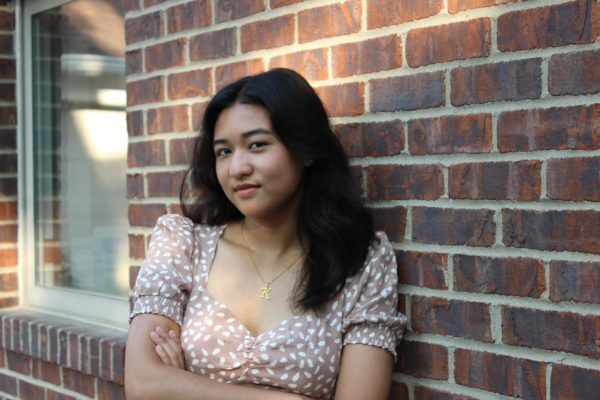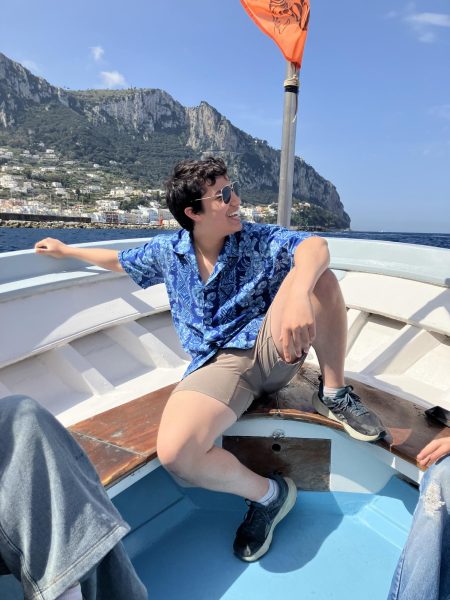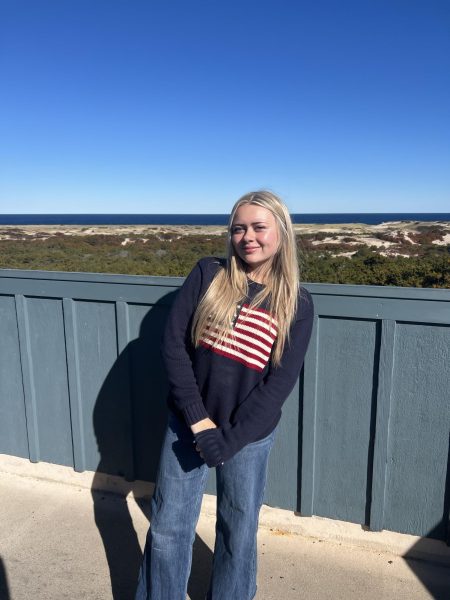Ellen Stone has been writing poetry since she was a teenager. She loved the contemporary poetry that she was taught in a class, and then all she wanted to do was read it, finding joy in browsing the poetry section at the public library.
While poetry has always been a passion for Stone, it has not always been part of her career. Though she fell in love with poetry in college, Stone wanted to figure out her career and have kids before she became a poet. She wanted to have a book published when she was 50, and was able to publish her first book in her mid-fifties. She called it the “The Solid Living World.”
“When I got my first book published, I was really able to say, ‘Hey, guess what? I’m a poet,’” Stone said. “The validation of those words on the page, and published words on the page, that did it for me.”
Stone admits that while there are definitely times that poetry is a private thing, where you can discover the poem that really speaks to you in that moment, it can also be less of an individual event.
“I think you have to share what you discover, share your writing, and learn from others,” Stone said. “I could not have put this book together if I did not have a community of poets, friends, poetry club, colleagues. When you discover a poem that works for you, or when you write something that you love, you immediately want to share it with people. That’s what it’s about.”
Stone started a poetry club at CHS with now-retired Brian Miller almost 15 years ago, and it has remained a constant of Stone’s involvement at CHS ever since. She comes to be the poetry club advisor every Monday at lunch, bringing two things to share: something to eat and a poem.
“The only times I can remember her missing at all is when she’s out of state or sick,” said Cypress Mulligan, a CHS junior who has attended poetry club meetings since freshman year. “Ellen is there on Monday with a homemade treat, almost always gluten-free and vegan, and a poetry prompt that she made.”
Milligan needs specific places to write. Being at the club with friends feels like home and helps his brain catch the flow of a poem. To Milligan, Stone is more than a club advisor. She is a mentor, a colleague and a friend. Milligan’s writing style and views on the world have changed a lot over the past few years, and they credit Stone for this, citing her as a constant who inspires the “perfect feeling that just makes you keep writing.”
“The way you learn in poetry club isn’t really by teaching,” Milligan said. “It is by being there and writing and reading and listening to everybody be there. It just opens you up to the real nature of poetry so well. How you understand the world is what poetry becomes.”
Stone originally got a job at CHS after the birth of her third daughter and worked part-time until her daughter went to third grade. She worked in the ILC, teaching special ed, and she helped CHS students to graduate.
“I worked, helped them organize and get their work done and study for tests, and I loved it,” Stone said. “I loved working with the English department too, and I got to do really cool classes where I co-taught. So I would, I’d be like the special ed teacher, then they’d be a general teacher. We’d work with kids together. It was wonderful.¨
It was hard for Stone to find time to write back when she was taking care of her kid and teaching full time, and she was only able to write a couple of poems a year. It was during this time that Stone decided to set aside Friday nights and Saturday mornings to perfect her poetry. Now, with a lot of free time on her hands, she has had to find a new structure.
Stone does not consider herself to be very organized and prefers to write when things move her and she can make connections rather than at a set time. She tends to write a lot about family and her childhood experiences, finding that it has helped her to process her trauma. Nature acts as a balm for her in poetry, helping her to solve things and work through them. When she was younger, she wrote about love.
To celebrate the recent release of her third book, Stone held a poetry club reading and book signing on Apr. 2. Among the poems she read from her new book was “How I learned to love Kansas,” a poem she wrote about her husband. He was sitting in the audience as she read:
“I emptied myself of everything that I wanted and waited to see what would fill me back up. It’s hard to remember what the heart wants when it tugs like a jump rope. Sometimes you aren’t paying attention.”
Local poets Tamar Ashdot and Nadia Mota have both helped out with poetry club workshops in the past, and they attended the reading and book signing. Ashdot, who is in the throes of trying to get their manuscript published, felt inspired seeing the post-it notes on the pages of Stone’s copy of her own book.
“I like seeing the thought behind what feels most urgent or important to share with us in this opening moment for the book,” Ashdot said. “There’s something really inspiring about being able to be with a poet who is sharing their work for the first time in a way like that.”
Mota is a big fan of Stone’s work and first got to know her through her poetry. Getting to know Stone’s poet self through her words first before actually knowing her as a person was an interesting experience for Mota.
“It’s a different experience this time around,” Mota said. “Really knowing her and then re-encountering her work makes it that much more special seeing all of her beautiful words and all of the celebration around her publication.”
Ashdot noted that Stone has a really special way of connecting people with words and experience and putting that on the page. Ashdot found it really exciting that something more familial or really fresh and important is what Stone’s new book is about, and expressed that she was really happy about that for her.
Mota appreciated how Stone walks the readers through different moments in the narrative of her life, from growing up to becoming a person living in the world to finally becoming a mother.
“I think language is magical,” Stone said. “We are the only animal that tells stories, and so that ability is what sets us apart, and we need to use it and honor it and share it. That’s what poetry is.”
Stone continues to love all forms of the craft that she has dedicated her life to, and she sees poetry as a community of shared language. To people who are interested in poetry, Stone recommends taking classes, going to poetry readings, and finding a writing group. For CHS students, poetry club takes place in room 305 (Emma Hamstra’s room) on Mondays during lunch, and all are welcome to come at any point.



